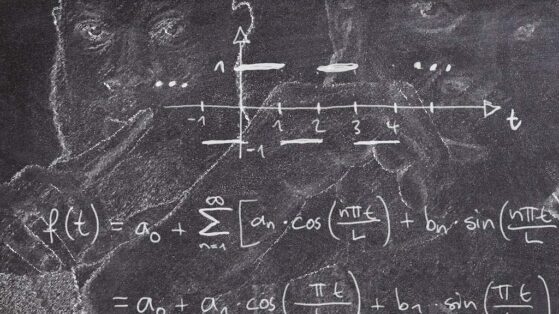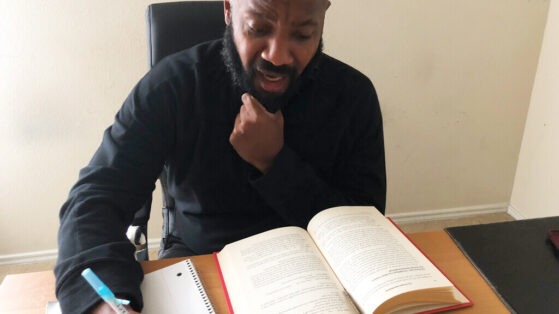Your cart is currently empty!
Türkiye: The Transcontinental Nation Where History Defines the Future
Standing literally and metaphorically at the crossroads of civilization, the Republic of Türkiye is a nation defined by its profound depth and dynamic contradictions. It is a country that spans two continents—a physical land bridge connecting Asia and Europe, separated only by the glittering Bosphorus Strait that flows through the heart of its largest city, Istanbul. This unique geography is a destiny. For millennia, this land, known as Anatolia, has been a cradle of empires, a battlefield for ideologies, and a melting pot of cultures. Today, Türkiye is a vibrant, complex modern nation, a G20 economy, and a regional power whose identity is perpetually forged by the weight of its epic past and the ambition of its future.
The history of Türkiye is not just the history of the Turkish people; it is the history of humanity itself. Anatolia has been inhabited since the dawn of civilization. The archaeological site of Göbekli Tepe, in the country’s southeast, dates to roughly 9,500 BCE, predating Stonehenge by millennia and suggesting that organized religion may have preceded agriculture, rewriting our understanding of the Neolithic Revolution. This land was later home to the Hittites, a Bronze Age superpower that rivaled ancient Egypt. Following their collapse, the coastlines of the Aegean were colonized by the ancient Greeks, giving rise to legendary cities like Troy, Ephesus, and Miletus. The magnificent ruins of Ephesus, particularly the Library of Celsus, stand as a testament to the region’s importance within the Roman Empire, which later made Constantinople (modern Istanbul) its eastern capital.
The legacy of the Eastern Roman Empire, or Byzantium, defined the region for a thousand years, culminating in masterpieces like the Hagia Sophia. But a new force was rising. Following the Battle of Manzikert in 1071, Turkic tribes from Central Asia began their migration into Anatolia, irrevocably changing the character of the land. This culminated in the rise of the Ottoman Empire, which, after Mehmed the Conqueror captured Constantinople in 1453, became one of the most powerful and enduring empires in world history. For over 600 years, the Ottomans ruled a vast, multi-ethnic, and multi-religious territory stretching from the Balkans to North Africa and the Persian Gulf. This imperial legacy is infused in modern Turkish culture, from its architecture and world-renowned cuisine to its music and customs.
The decline of the Ottoman Empire, the “sick man of Europe,” led to its collapse following World War I. From the ashes of this fallen empire, the modern nation was forged through a crucible of conflict. Led by the visionary military commander and statesman Mustafa Kemal Atatürk, the Turkish War of Independence expelled occupying powers and established the borders of the modern state. In 1923, Atatürk abolished the sultanate and declared the Republic of Türkiye. What followed was one of the most rapid and radical modernization programs of the 20th century. Atatürk established a secular democracy, moved the capital from imperial Istanbul to the centrally located Ankara, replaced the Arabic script with the Latin alphabet, banned traditional religious attire, and granted women the right to vote decades before many other European nations. This foundational, secularist revolution remains the central pillar of the modern Turkish identity.
Today, Türkiye is a nation of more than 85 million people navigating the synthesis of its diverse legacies. It is a parliamentary republic and a member of NATO, yet it also maintains complex cultural and economic ties to the Middle East and the Turkic states of Central Asia. Its economy is a powerhouse of manufacturing, agriculture, and, crucially, tourism.
The appeal of Türkiye lies in its sheer diversity. The experience of the country is a study in vivid contrasts. In Istanbul, one can stand in the shadow of the 17th-century Blue Mosque in the morning and be in a sleek, modern art gallery in the chic neighborhoods of Beyoğlu in the afternoon. Beyond the metropolis of Istanbul, the landscapes are breathtaking. Visitors flock to the “fairy chimneys” of Cappadocia, ethereal rock formations that hide ancient cave churches and are best viewed from a hot air balloon at sunrise. They explore the dazzling white travertine terraces of Pamukkale (the “Cotton Castle”) and sail the “Turquoise Coast,” a stretch of the Mediterranean defined by pristine beaches and the sunken ruins of ancient Lycia.
Turkish culture itself is centered on relationships, food, and hospitality (“misafirperverlik”). Turkish cuisine is far more than the ubiquitous kebab; it is an imperial kitchen offering a vast array of sophisticated mezes (appetizers), rich stews, fresh seafood from the Aegean, and olive oil-based vegetable dishes. Dessert is an art form, perfected in sweets like baklava and künefe. Social life revolves around the ritual of sharing strong Turkish coffee or, more commonly, innumerable glasses of tea (çay) served in tulip-shaped glasses.
In conclusion, Türkiye refuses simple categorization. It is not simply East or West; it is both, fused into something uniquely its own. It is an ancient land grappling with modern questions, a nation of stunning natural beauty, and a society deeply anchored in history yet rushing toward the future. It remains what it has always been: the most vital bridge in the world, not just of land, but of culture and time.
Deneme Bonusu Veren Bahis Siteleri
Deneme Bonusu Veren Bahis Siteleri
Deneme Bonusu Veren Bahis Siteleri
Deneme Bonusu Veren Bahis Siteleri
Deneme Bonusu Veren Bahis Siteleri
Deneme Bonusu Veren Bahis Siteleri
Deneme Bonusu Veren Bahis Siteleri
Deneme Bonusu Veren Bahis Siteleri
Deneme Bonusu Veren Bahis Siteleri
Deneme Bonusu Veren Bahis Siteleri
Deneme Bonusu Veren Bahis Siteleri
Deneme Bonusu Veren Bahis Siteleri
Deneme Bonusu Veren Bahis Siteleri
Deneme Bonusu Veren Bahis Siteleri
Deneme Bonusu Veren Bahis Siteleri
Deneme Bonusu Veren Bahis Siteleri
Deneme Bonusu Veren Bahis Siteleri








 Share:
Share:
Leave a Reply